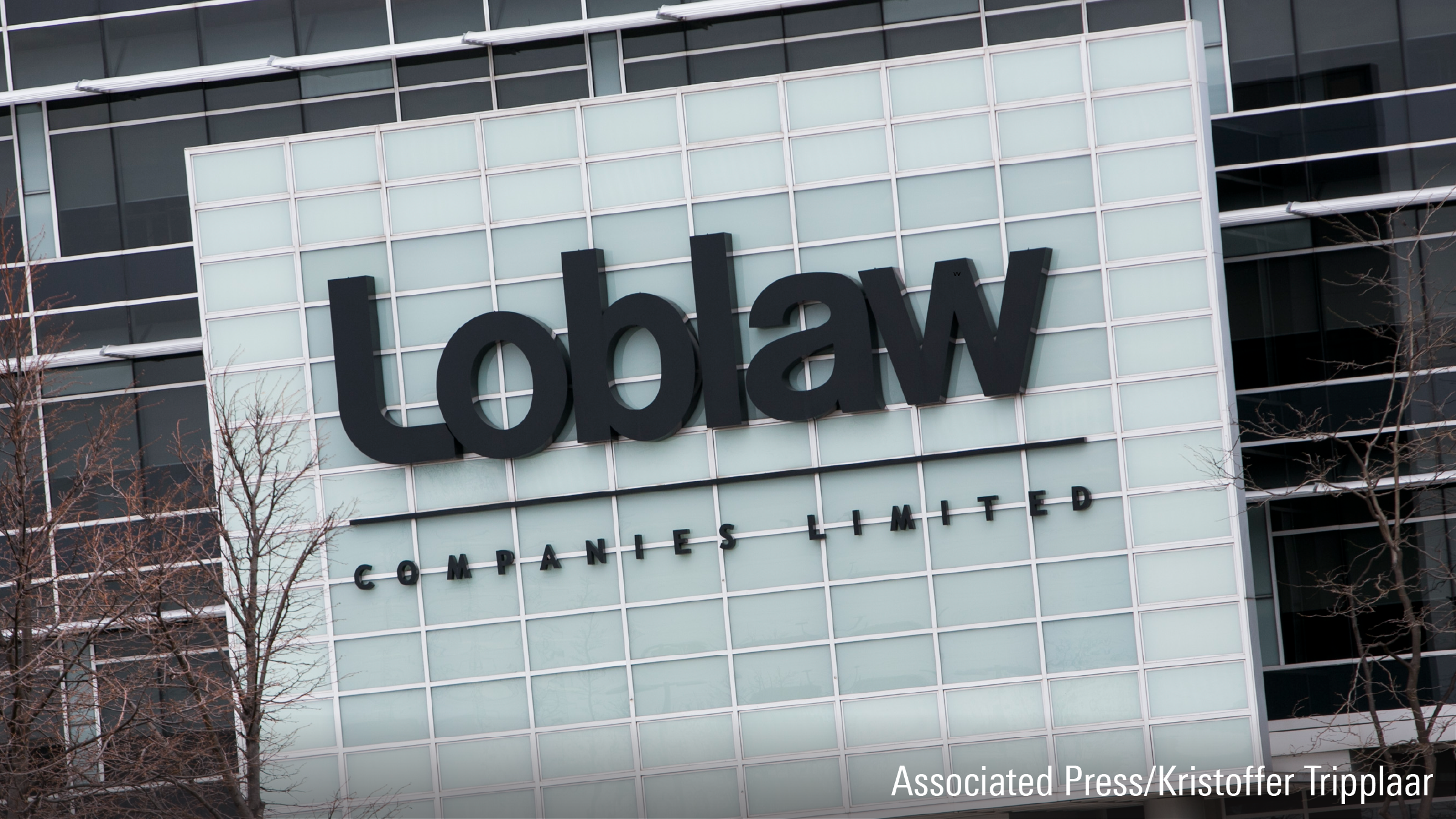
Editor's Note: This analysis was originally published as a stock note by Morningstar Equity Research.
Key Morningstar Metrics for George Weston
- Fair Value Estimate: C$200.00
- Morningstar Rating: ★
- Morningstar Economic Moat Rating: None
- Morningstar Uncertainty Rating: Low
What We Thought of George Weston’s Earnings
George Weston’s WN sales grew 4% in the first quarter of 2025, led by expansion in subsidiary Loblaw (99% of sales). Adjusted operating profit rose 5.0% as margins widened by 10 basis points to 8.3%.
Why it matters: We attribute no-moat George Weston’s solid start to 2025 to Loblaw’s value-focused proposition via private-label offerings and hard discount stores, which resonates with distressed consumers. This is leading to higher basket sizes and stable traffic in its core food retail.
- We expect Loblaw’s competitive prices and targeted digital marketing to support food retail store traffic and spending growth in the coming quarters. For its drugstore chain, performance should continue to benefit from health and wellness demands and the opening of new clinics.
- Real estate arm Choice Properties posted a 2% EBITDA rise despite macro headwinds, which we attribute to exposure to resilient food retail tenants, higher same-property net operating income, and strong leasing spreads.
The bottom line: Shares remain expensive as investors extrapolate Loblaw’s recent margin gains longer-term, which we view as unrealistic amid competition.
- For 2025, we forecast Loblaw sales to rise 5% on low-single-digit same-store sales growth and 180 new grocery stores and clinics. Operating margins are forecast to fall 60 basis points to 5.8% for the year on higher costs from new stores and the distribution center ramp-up.
Coming up: We think George Weston is well-positioned to weather the impact of Canada’s retaliatory tariff on US imports.
- Loblaw’s efforts, including onboarding local vendors, moving sourcing to Europe, and modifying recipes for private-label products to use local ingredients, should help keep costs under control.
- The tariff impact also looks manageable for Choice Properties, given its tenant base is dominated by grocery retailers and logistics providers.
The author or authors do not own shares in any securities mentioned in this article. Find out about Morningstar's editorial policies.















